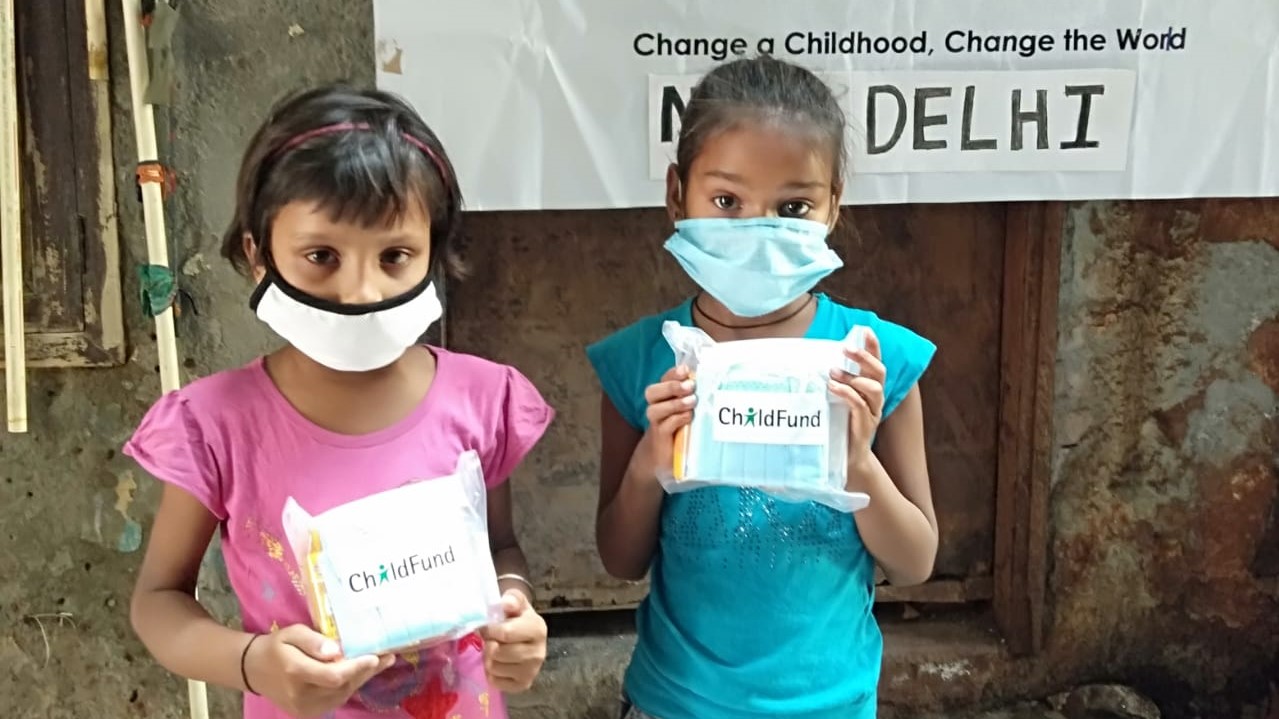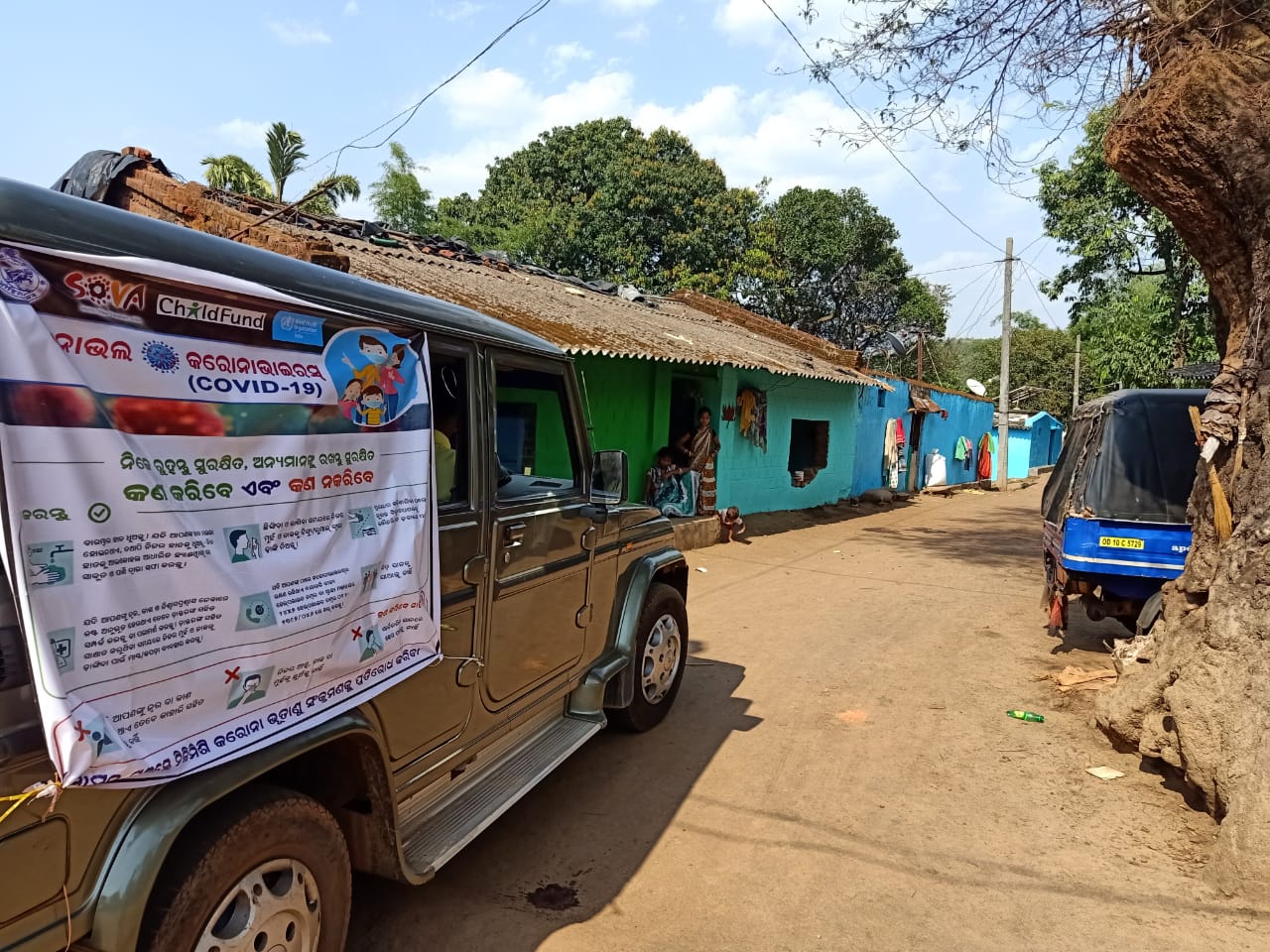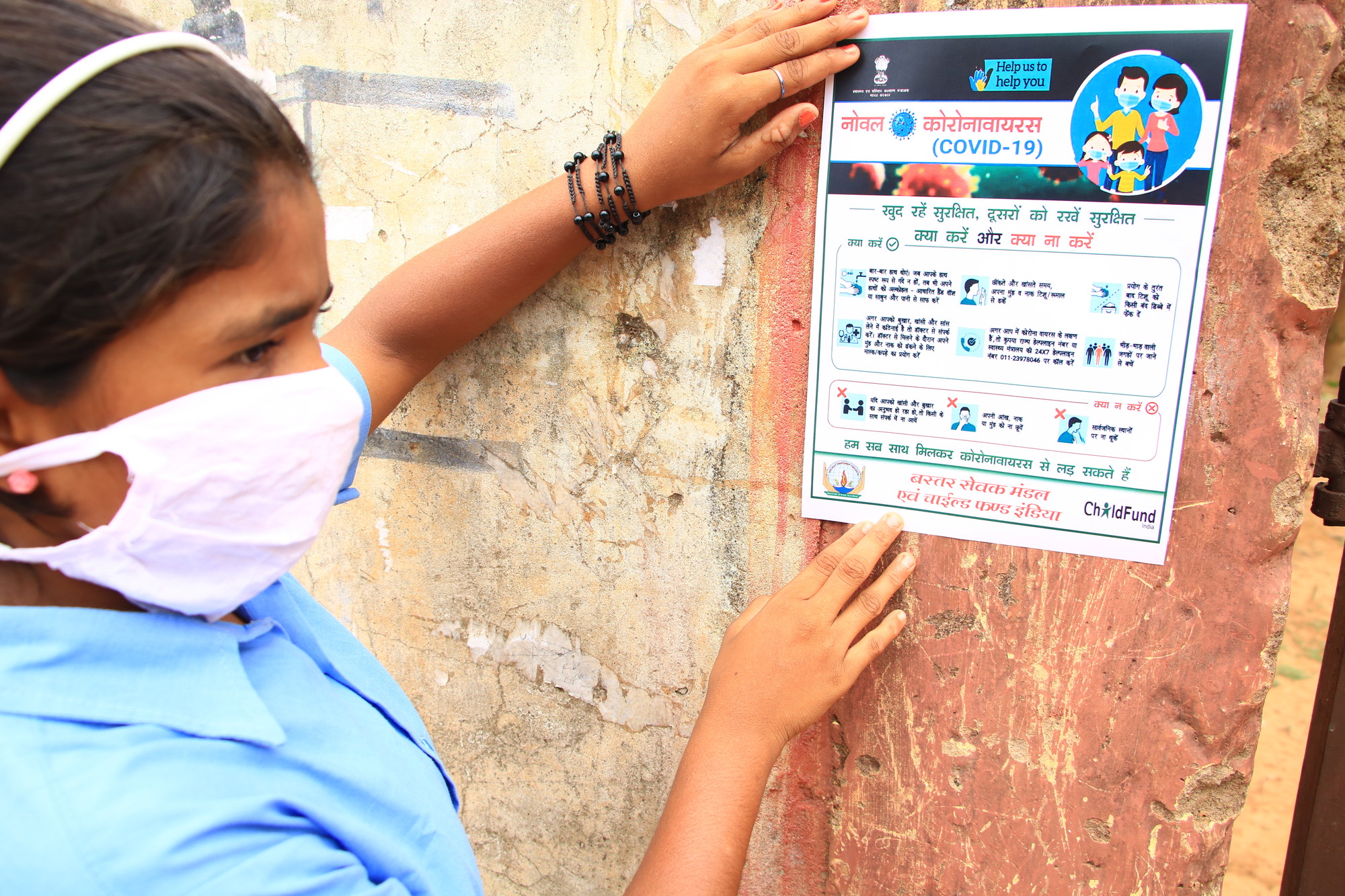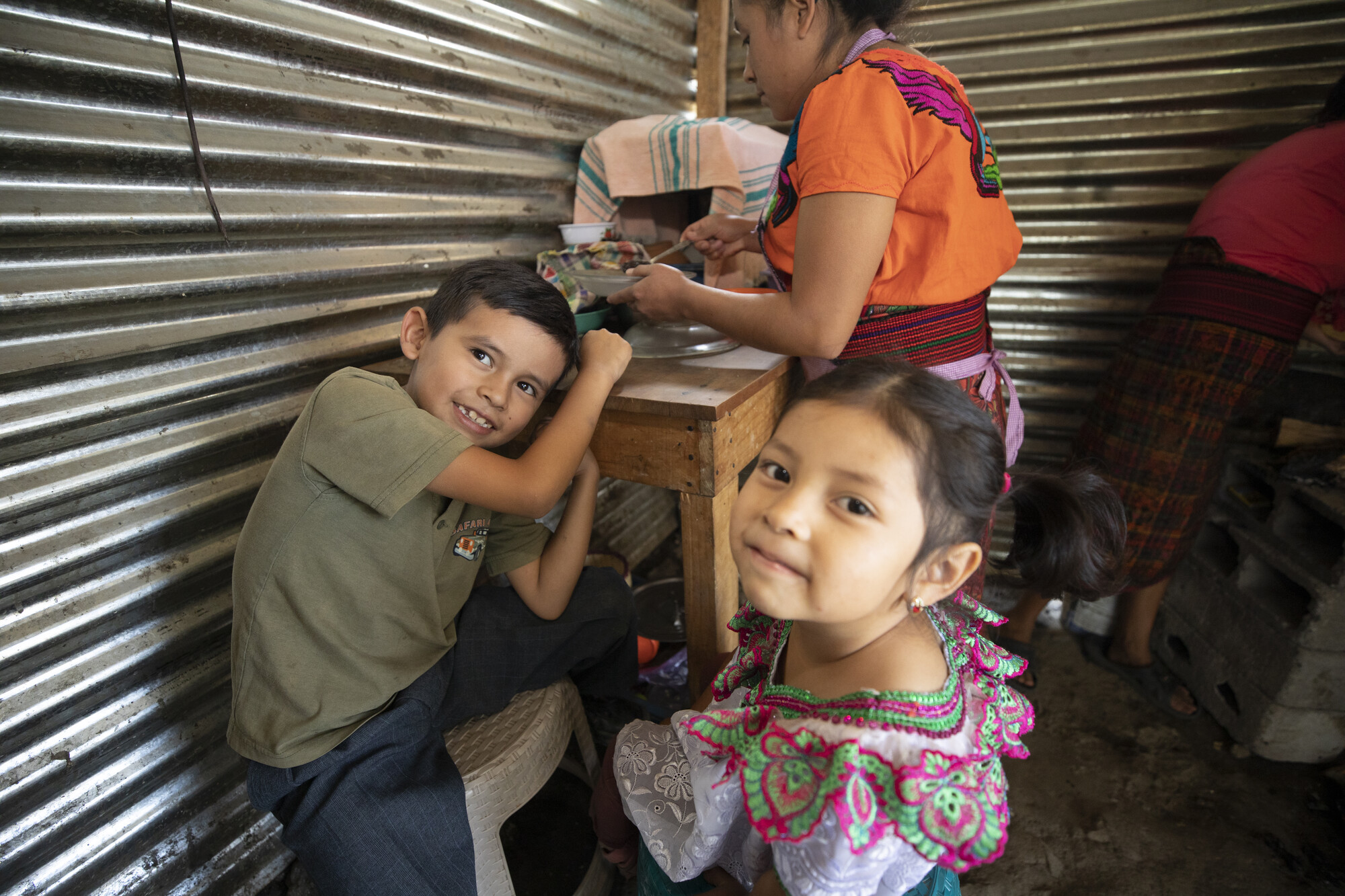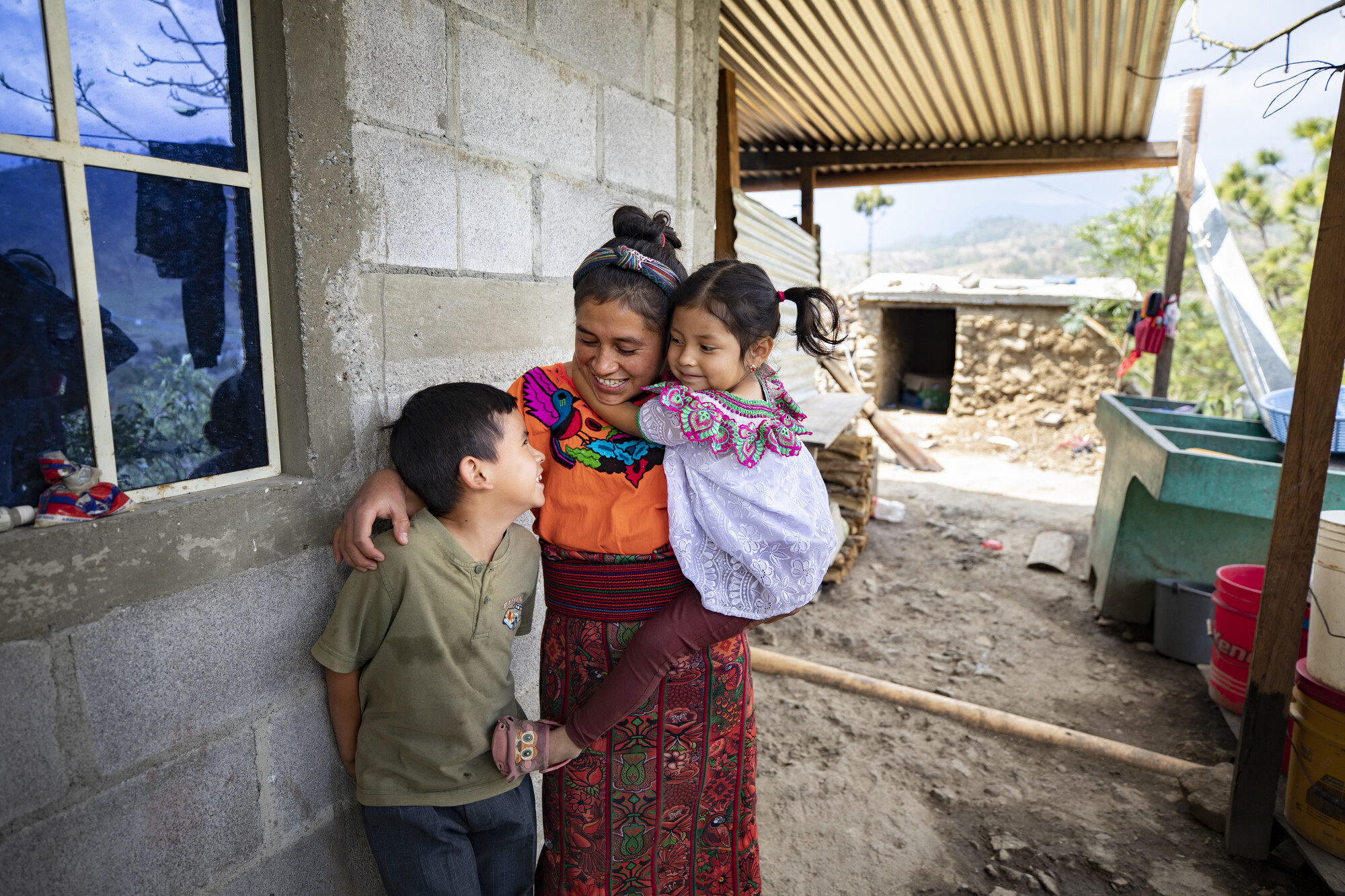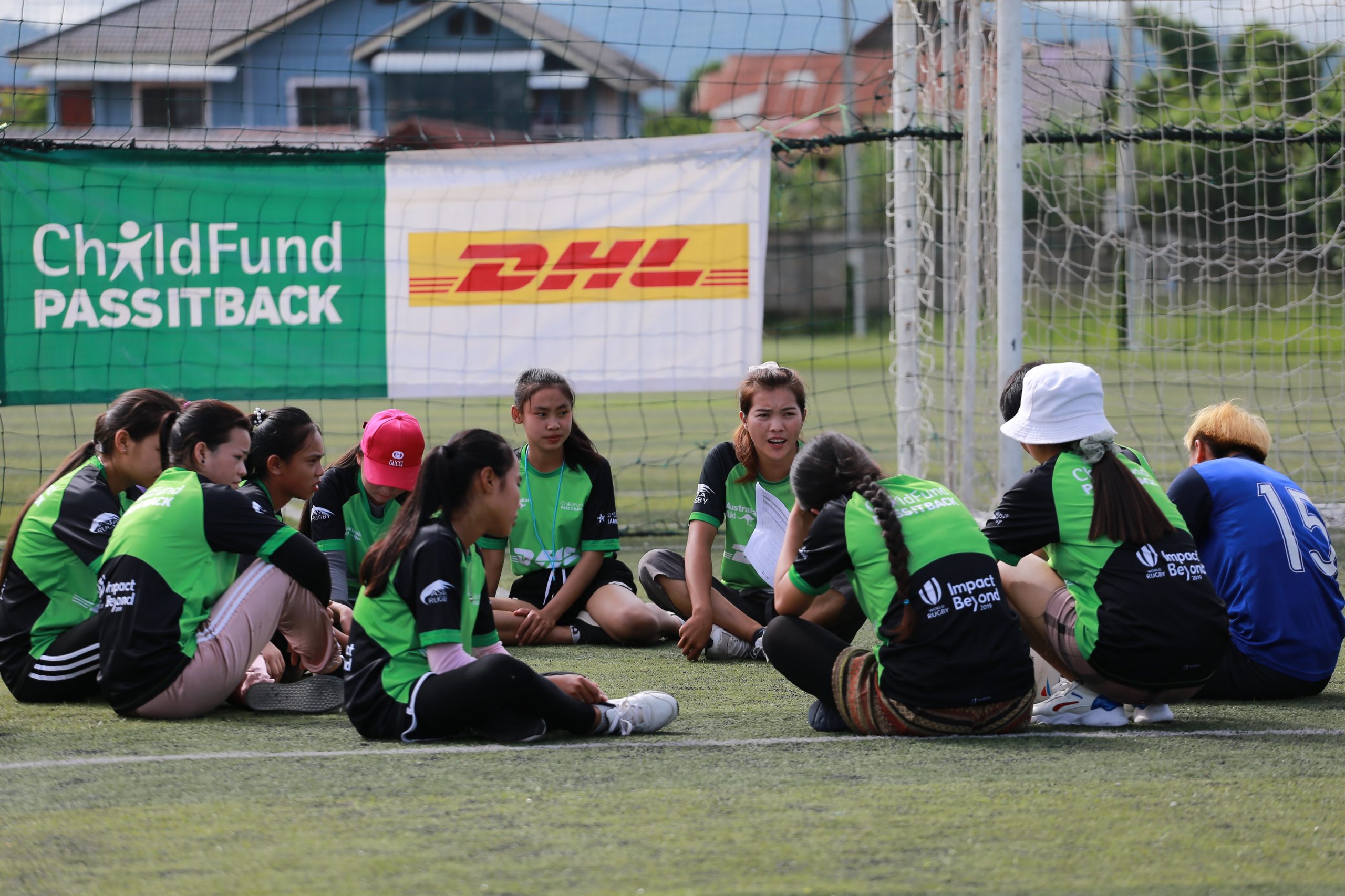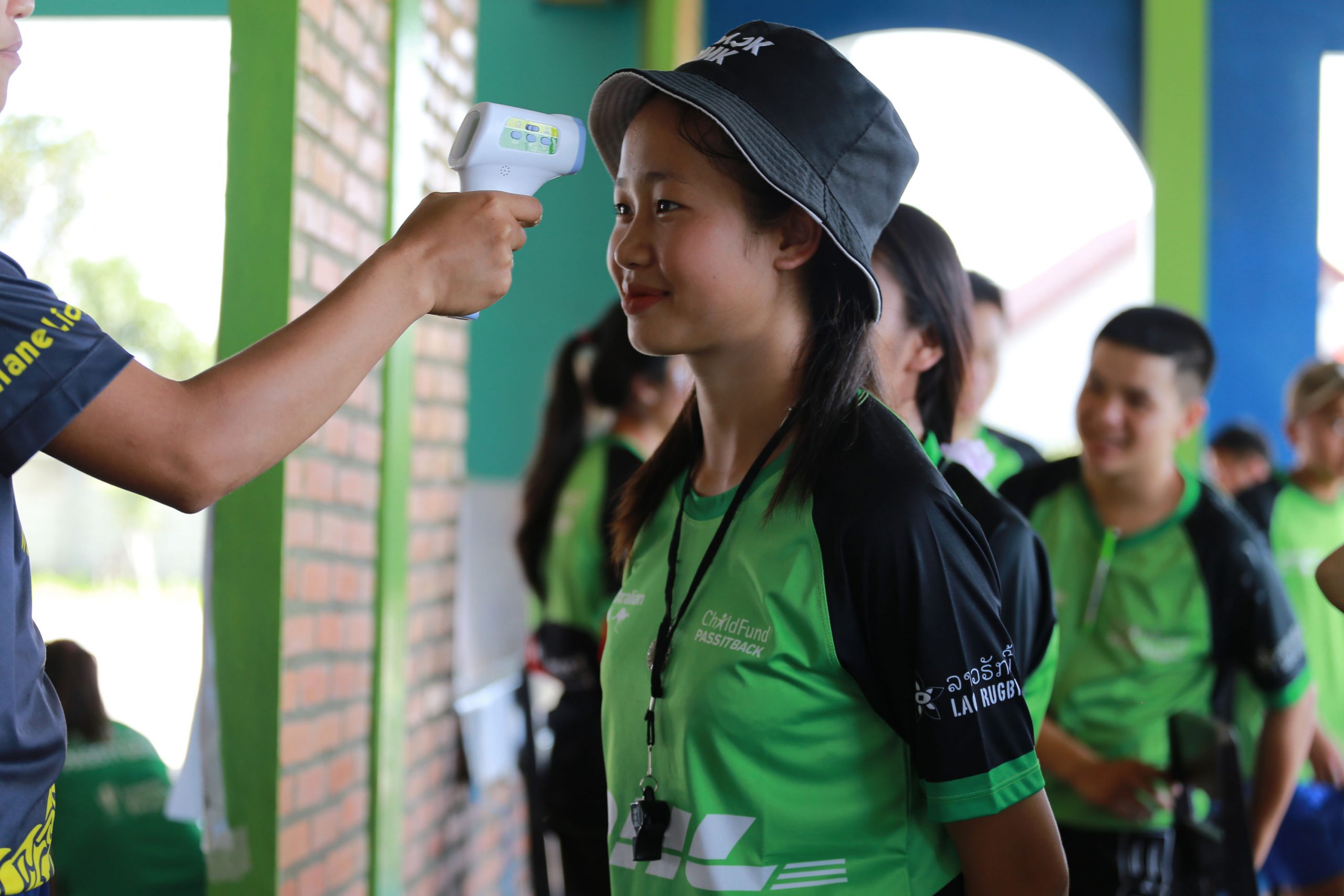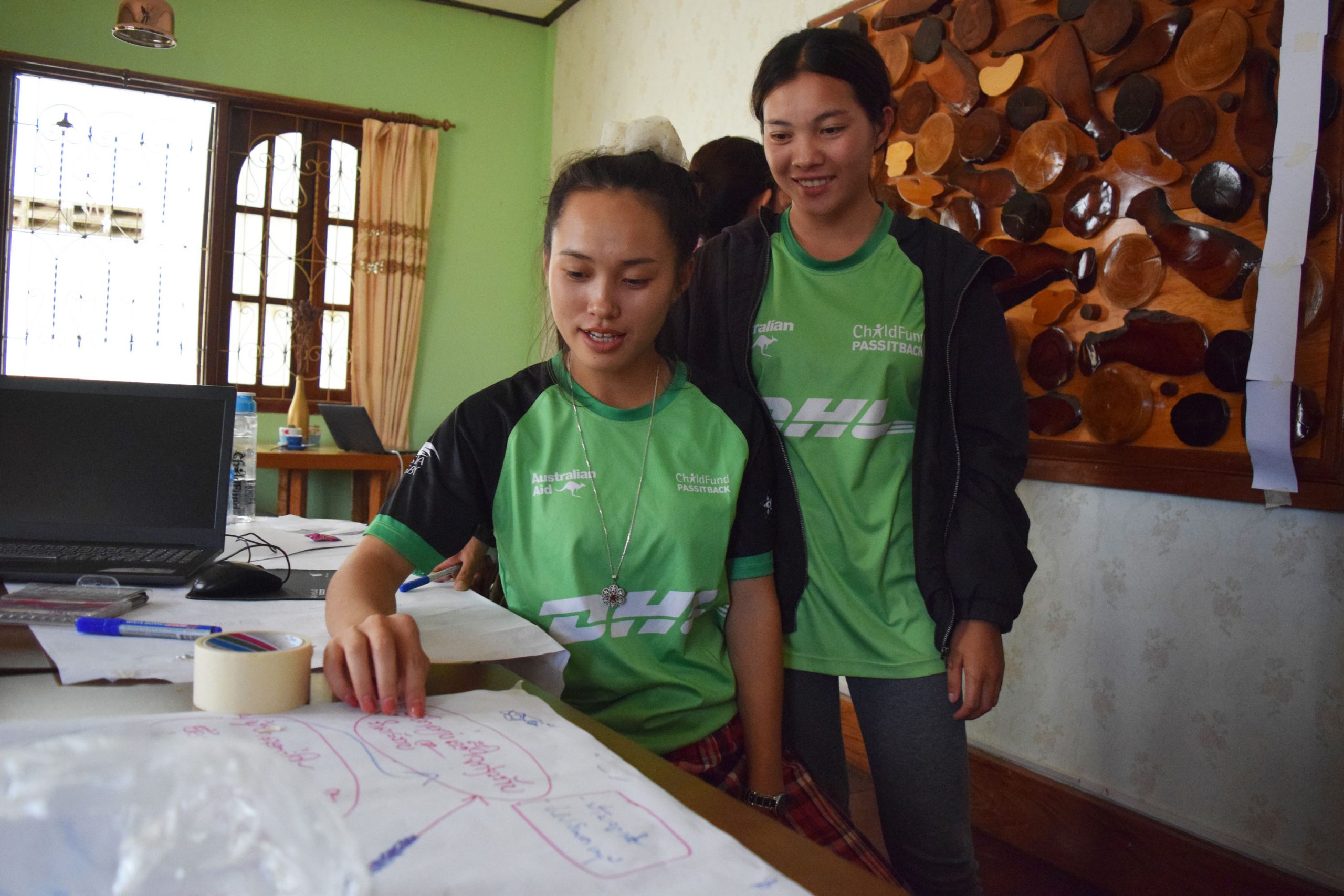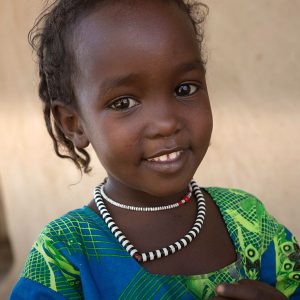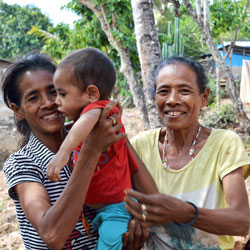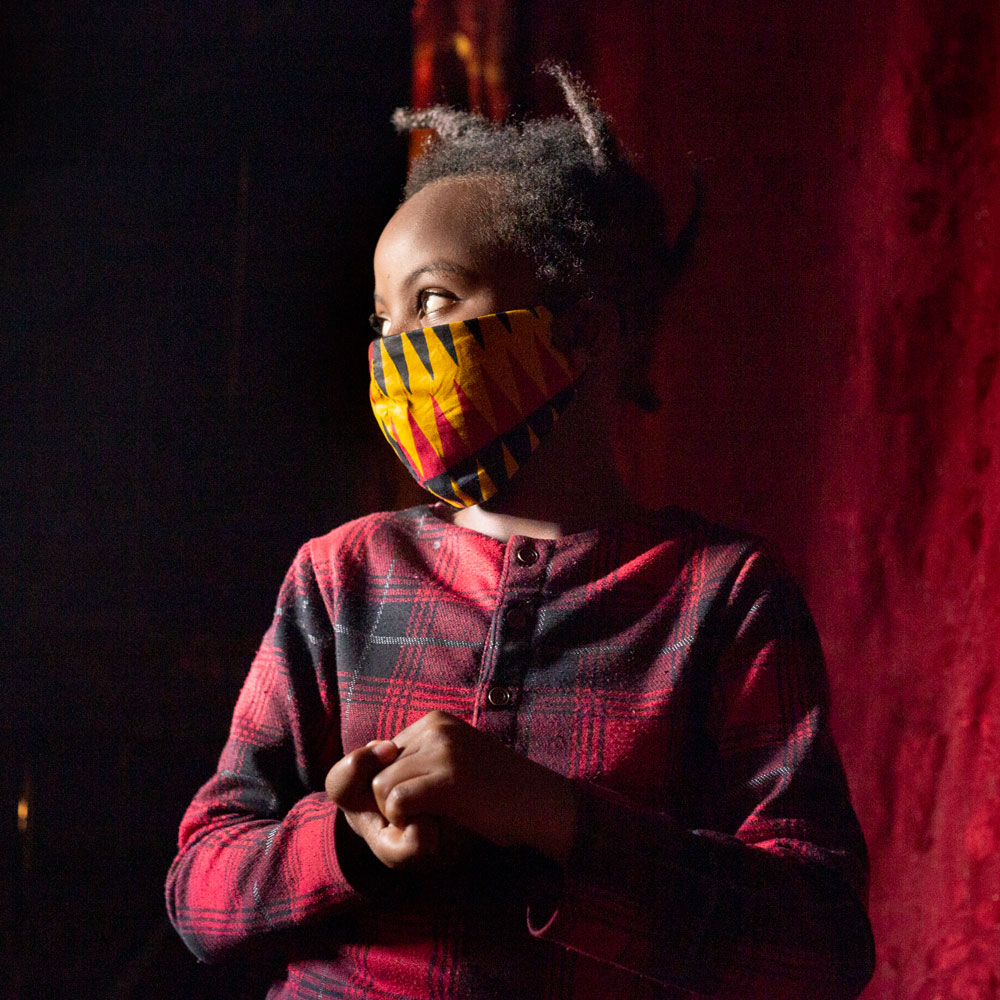Thank you from ChildFund Australia
Thank you from ChildFund Australia
The COVID-19 pandemic has had a significant impact on the lives of disadvantaged children and their families around the world.
Fortunately, the ongoing support of more than 42,000 Australians has allowed ChildFund and its local partners to rapidly respond to the urgent needs of communities during this very challenging time.
By Margaret Sheehan,
CEO ChildFund Australia
A sincere thank you to our donors whose generosity has been the backbone of ChildFund’s work over the past year.
For children and their families around the world it has been – and for many continues to be – a tremendously difficult time.
The collateral damage from COVID-19 has been just as big a risk as the virus itself for many poor communities.
Your commitment has enabled ChildFund to quickly adapt our programs to meet the health, education, and protection needs of children during the pandemic.
In times of crisis, this support is more critical than ever, and our focus has been on the following key areas.
1. Stop COVID-19 from infecting children and communities
We have been distributing hygiene and sanitation kits to families, and personal protective equipment to health workers.
Community hand-washing stations have been constructed, and hygiene information has been provided.
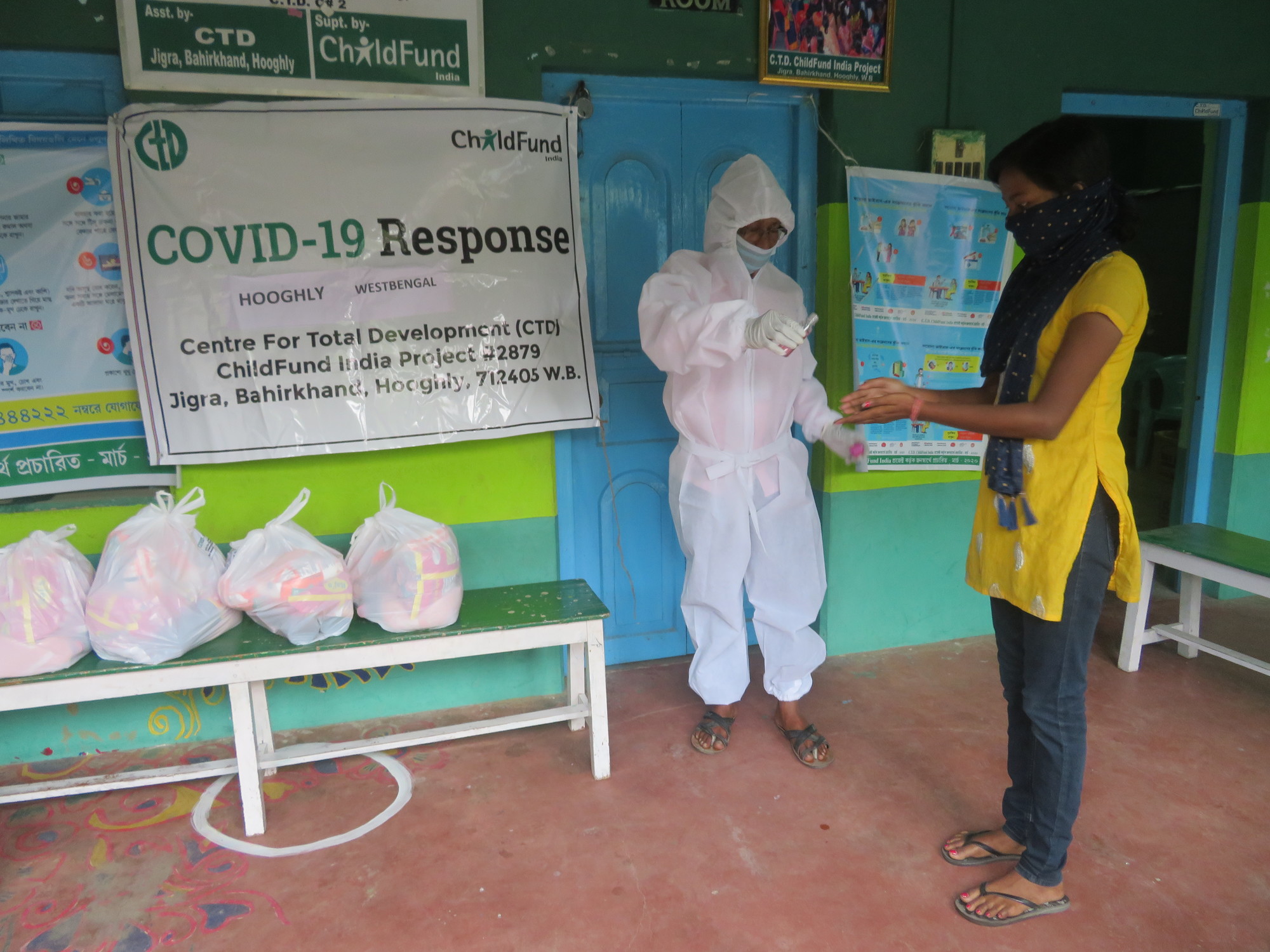
In Papua New Guinea (PNG), ChildFund, in collaboration with its partners on the ground, has continued to provide essential health services to rural communities, which have experienced a reduction in services because of COVID-19.
These include vaccination, antenatal care, tuberculosis/HIV/malaria screening, family planning, growth monitoring, and other priority health services.
ChildFund PNG has also worked with rural health centres to improve hygiene and sanitation facilities, including installing water tanks and handwashing stations.
2. Help children continue learning
National lockdowns around the globe have interrupted the education of children and young people.
ChildFund has worked with local partners, government ministries, communities and teachers to support the delivery of learning programs through a range of new channels including online, television, and radio.
In Timor-Leste, children can now access a digital library at home to help improve their literacy skills.
Students can choose from more than 200 digital books, written in their local language Tetum, that are age and culturally appropriate.
ChildFund Timor-Leste has also been distributing educational packs to pre-school children in rural and remote communities to help them continue to learn and play at home.
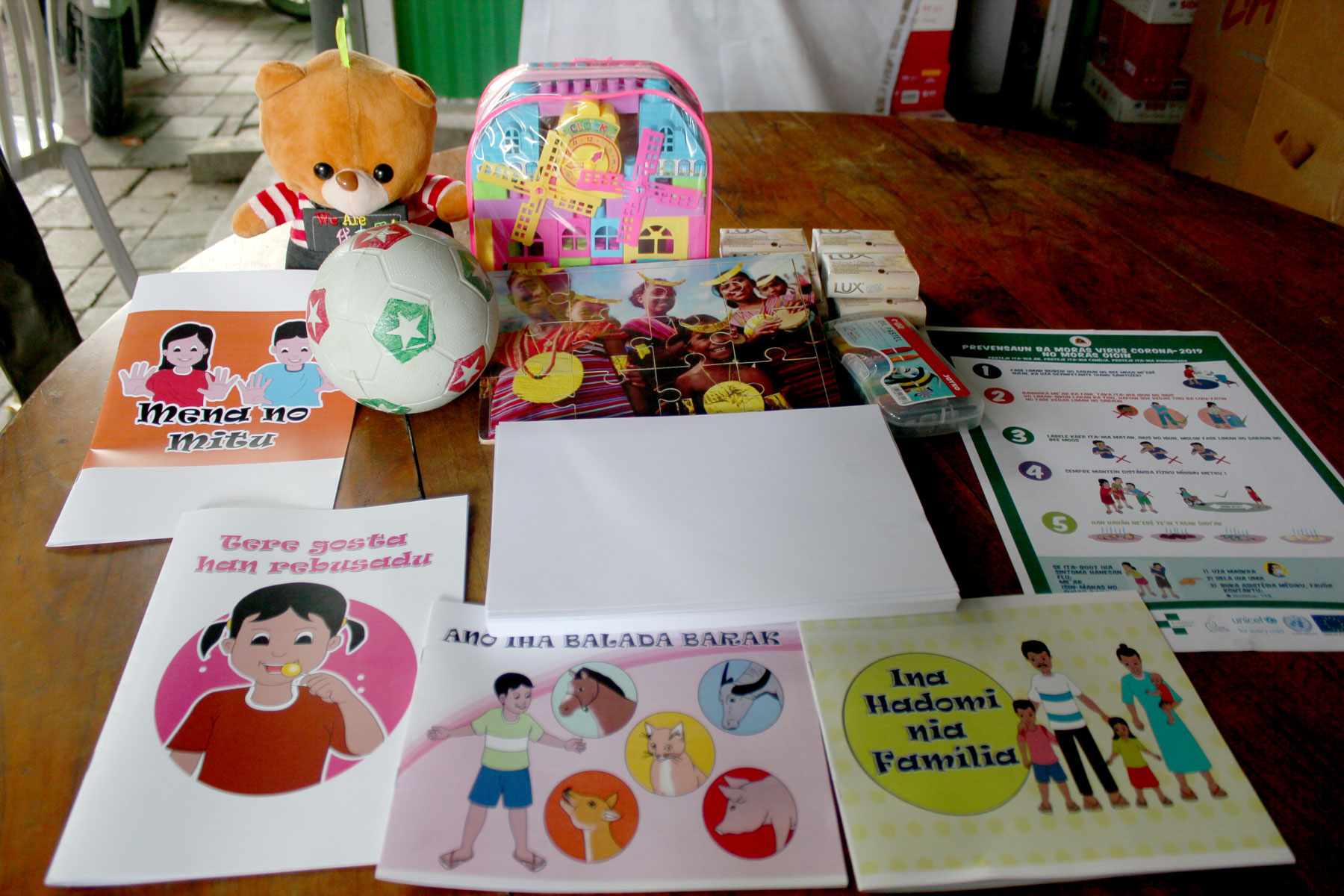
3. Keep children safe from harm
ChildFund has been supporting child protection systems that identify and respond to cases of child abuse or exploitation, in response to the rise of family violence during the pandemic.
We have also been providing virtual, online and phone-based counselling and emergency safety planning for women and children experiencing violence.
In Vietnam, ChildFund has partnered with the Department of Child Affairs to develop a new child protection app. Hotline 111 can be used by anyone to report incidents of child abuse or seek support.
A key function of the digital service is an online library that provides users with information on children’s rights and safety skills for children.
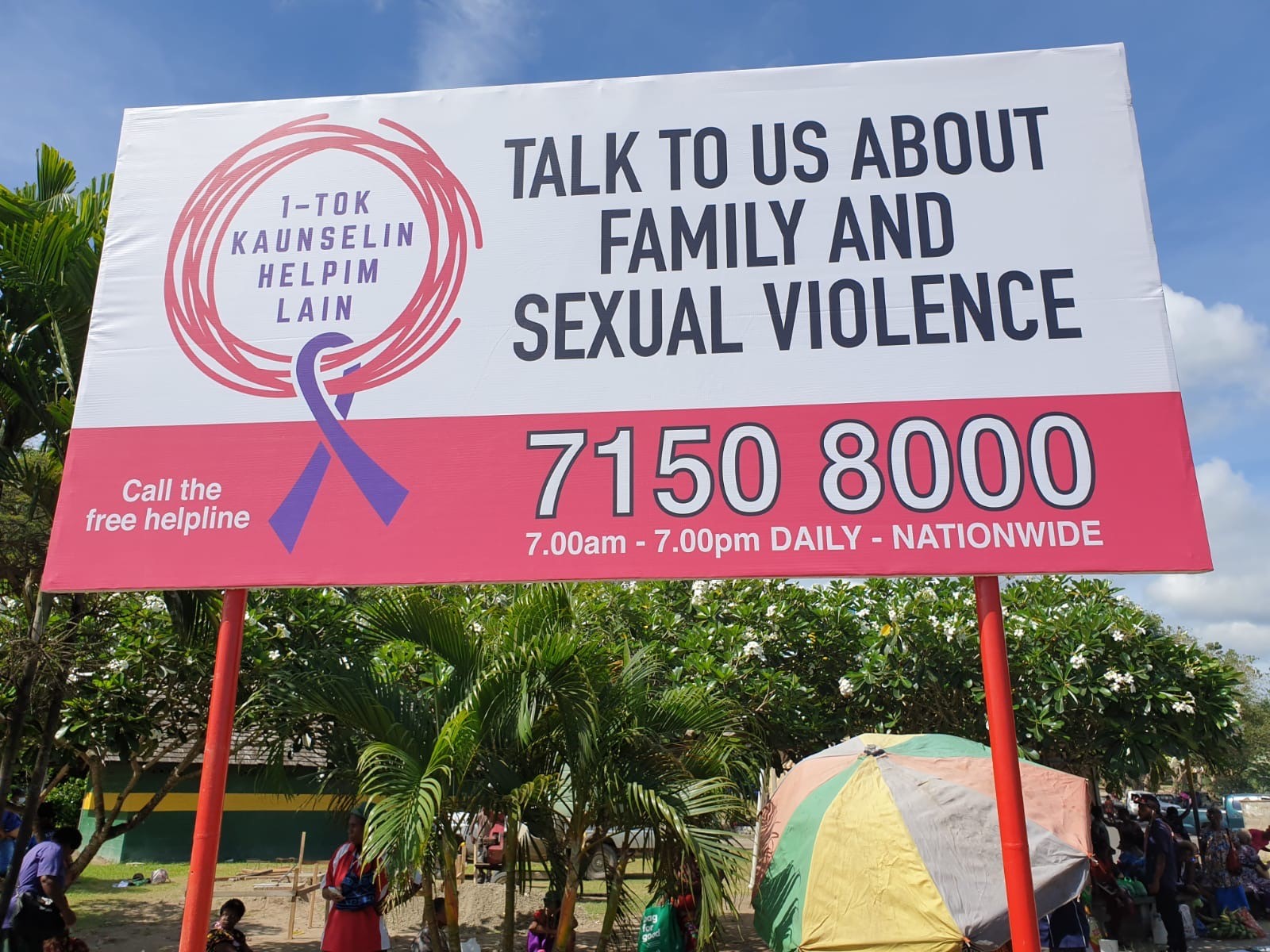
4. Ensure children get the food
they need
In some countries ChildFund has provided cash to the most vulnerable families to purchase food for their children, pay rent and cover basic household needs. In communities with poor access to markets, ChildFund has also distributed food and basic household items directly to communities.
In both urban and rural communities in Kenya, families have struggled to find and buy food because lockdown laws and travel restrictions have forced markets and shops to close.
In addition to food, families have also received clean water, soap and other necessities.
ChildFund Kenya has also provided vulnerable families with cash transfers, which can be very effective during an emergency because they can be deployed more urgently than actual goods, which need to be sourced, transported and distributed.
A transfer of cash provides flexibility for families, because they can use it to meet their specific needs, and allows them to purchase essentials without having to sell livestock or household items to survive.
In Kenya, cash transfers were provided to families most impacted by COVID-19, specifically families with children under the age of five, people with medical conditions, and families who have lost income.
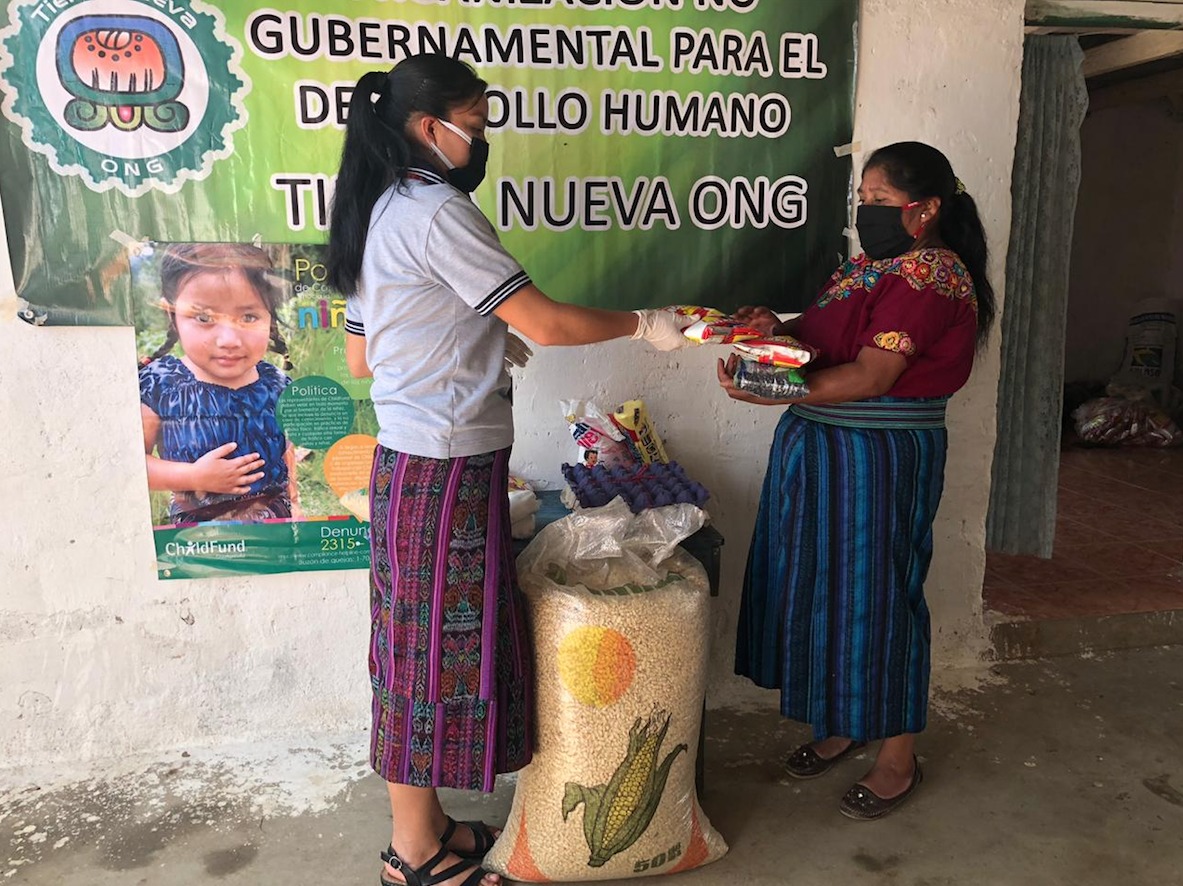
5. Support young people to play an active role in the response
As ChildFund works with governments, local partners and communities to respond to the pandemic, we have been ensuring children’s voices are also heard, and that they can play active leadership roles in their communities.
This includes giving young people the tools and skills to develop their own stories about COVID-19 to share with their peers and the wider community.
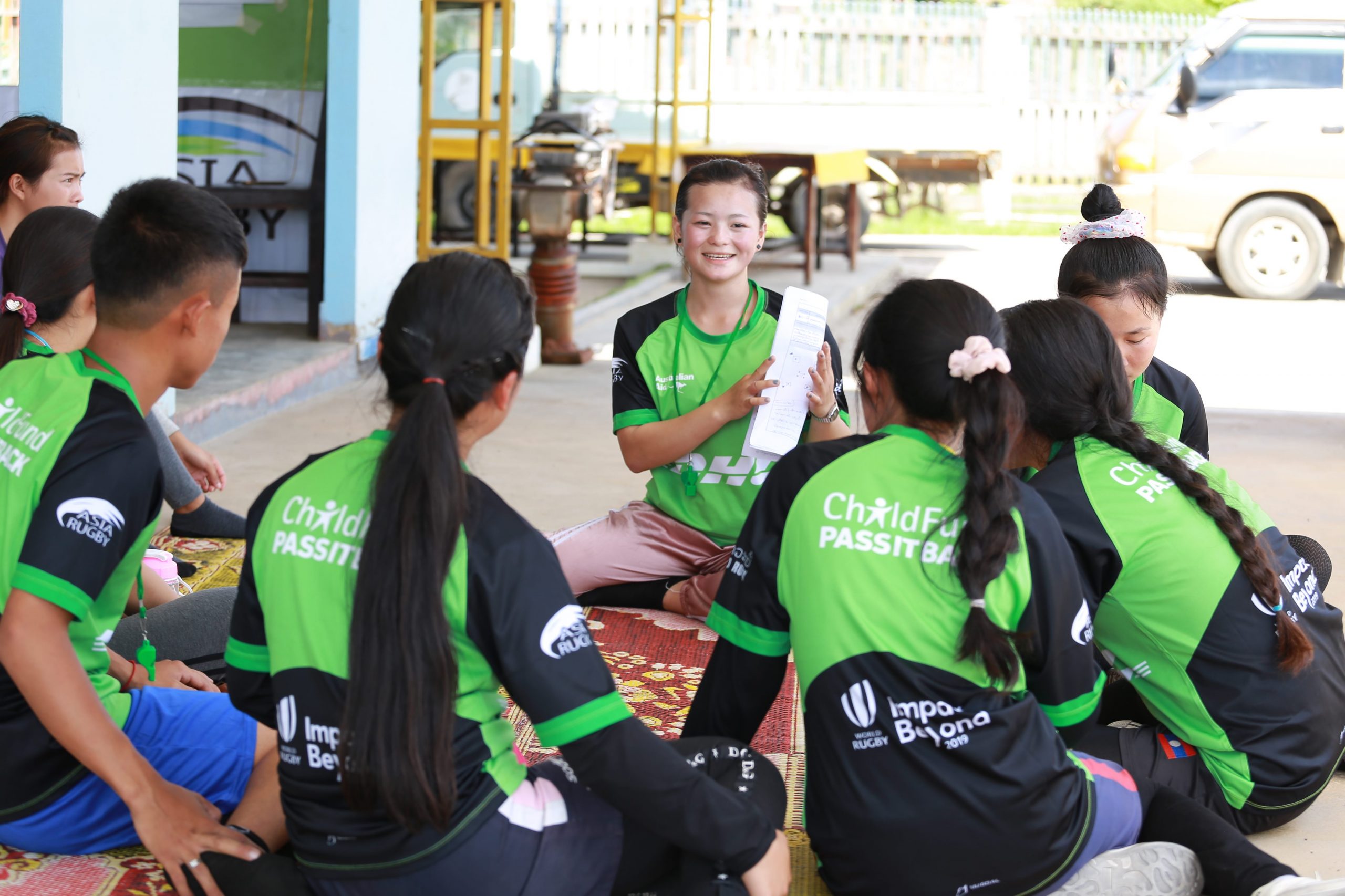
Together, we have been able to respond to the urgent needs of children and communities when it mattered most.
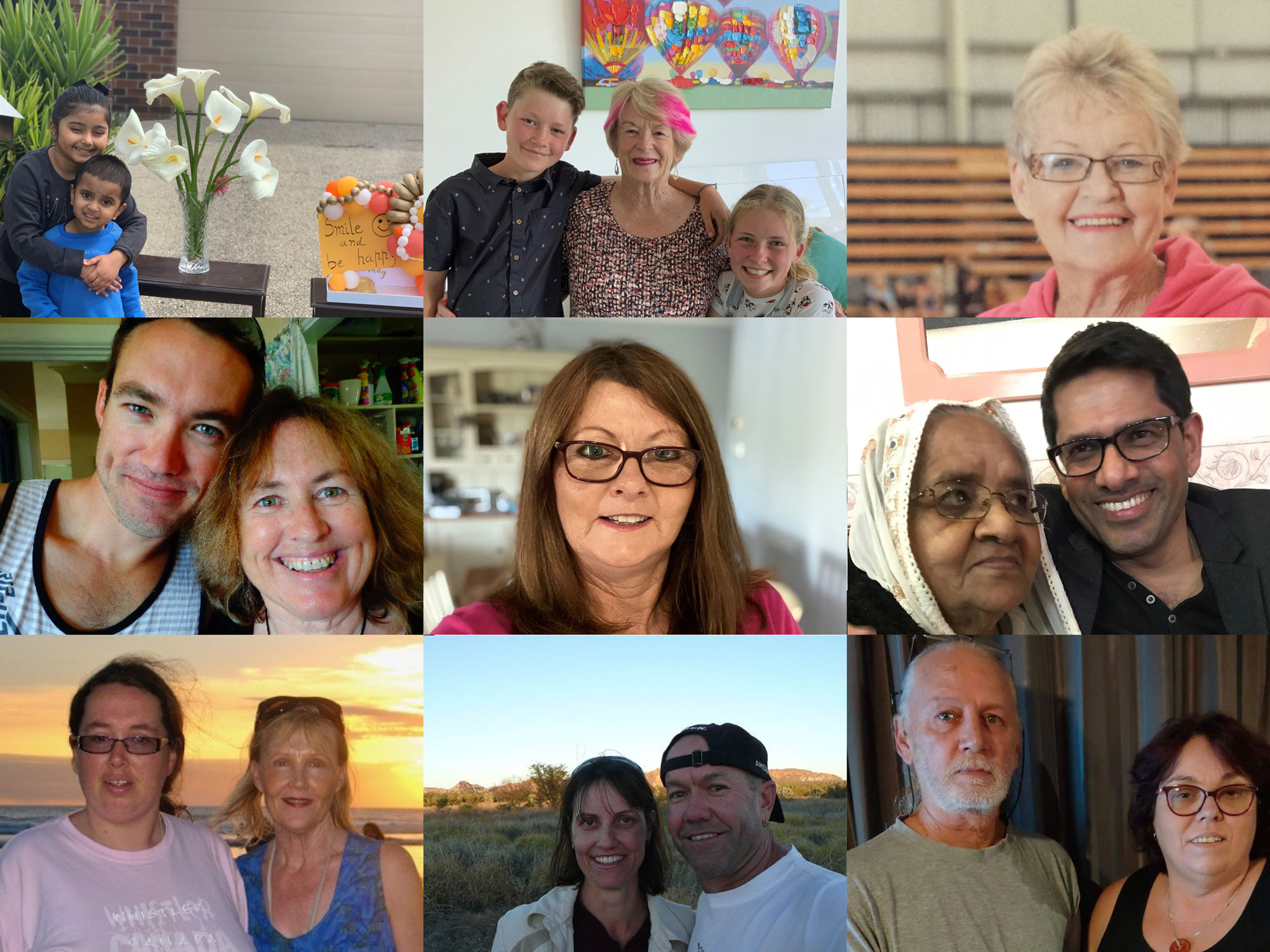
From all of us at ChildFund Australia, and on behalf of the children and communities with whom we work, thank you for your compassion and care, in supporting programs that make a difference.


